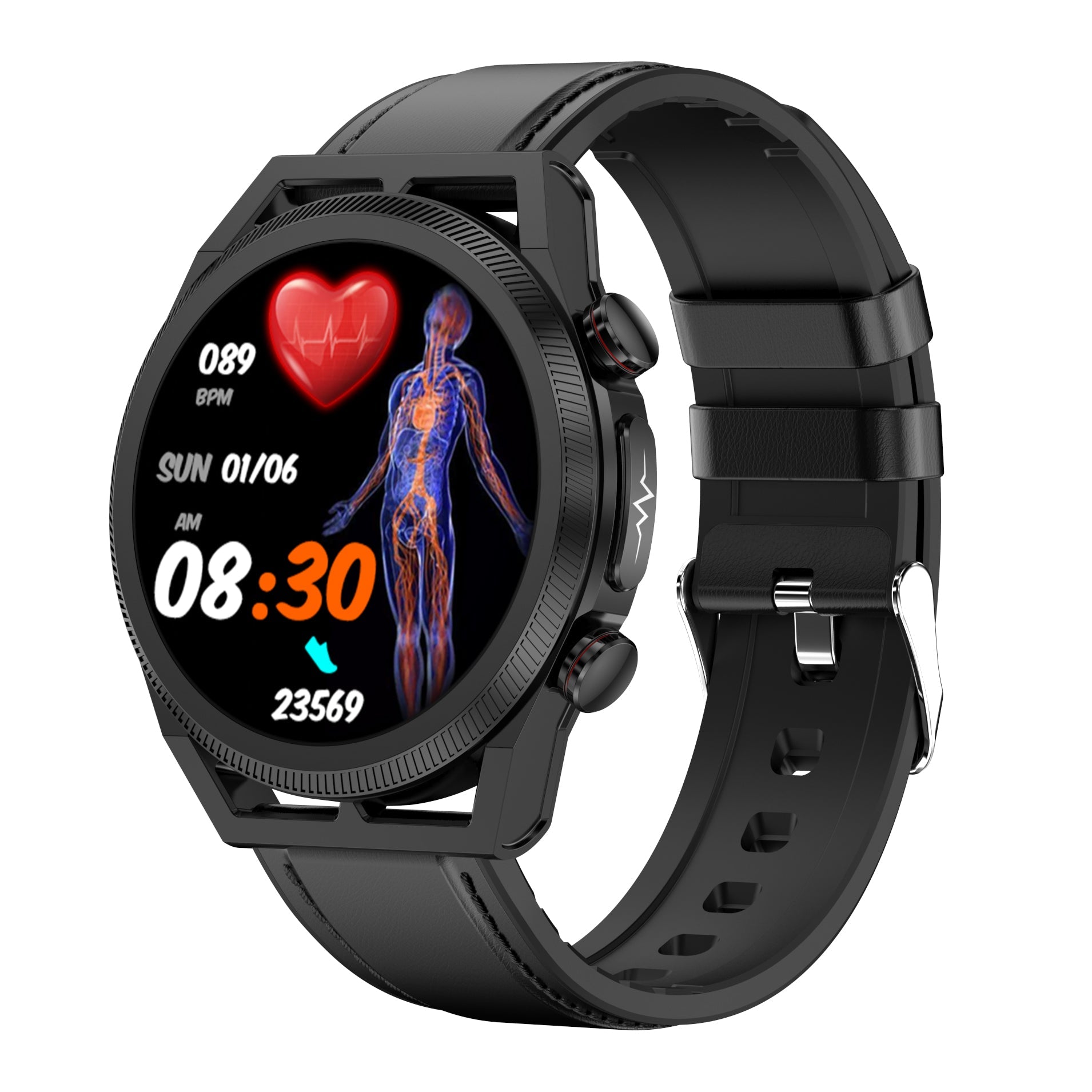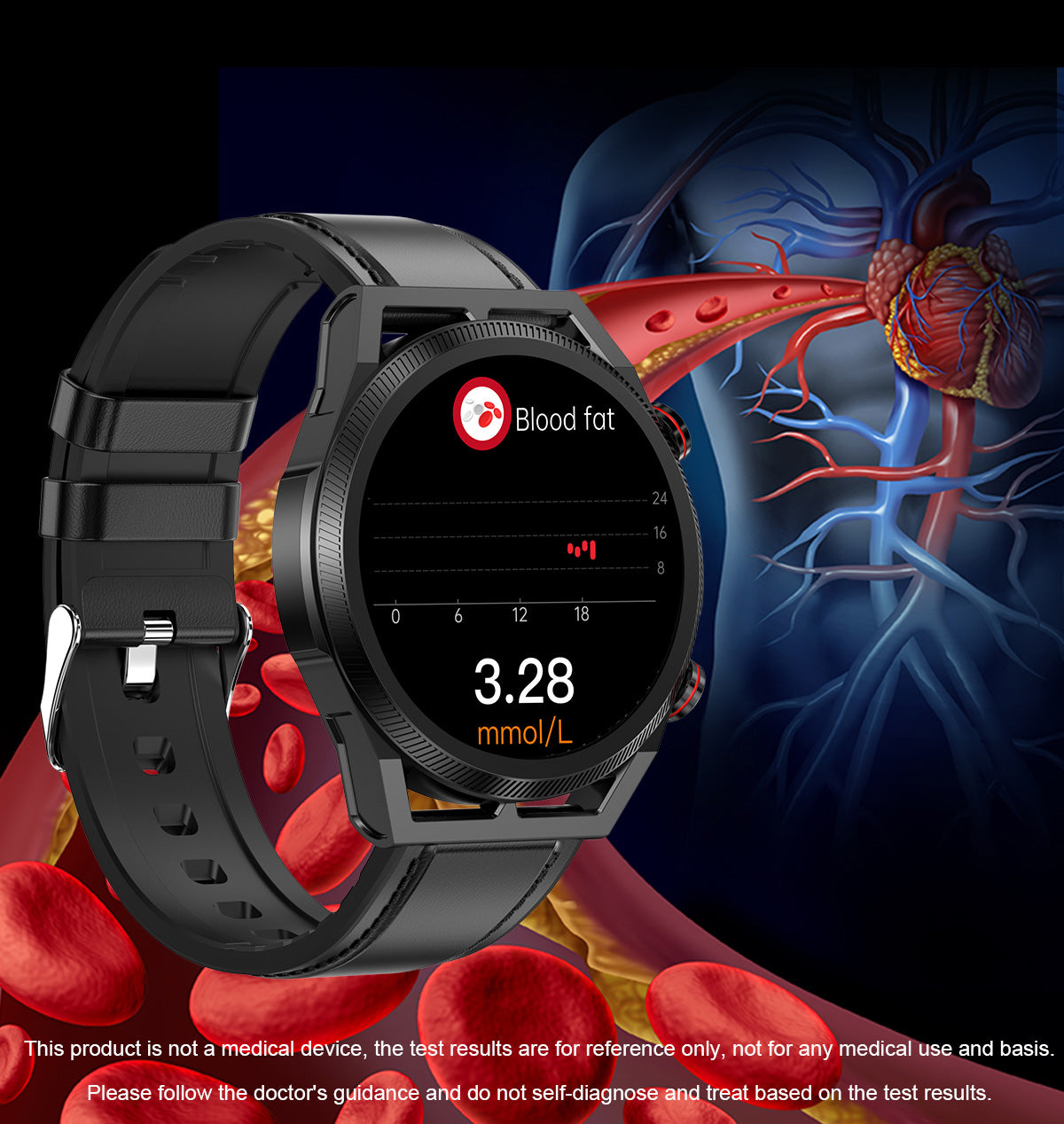Does Intermittent Fasting Really Help You Sleep Better?
The world of health and wellness is filled with trends and practices aimed at optimizing various aspects of our lives. One such trend that has gained considerable attention is intermittent fasting. While it's often praised for its potential benefits in weight management and metabolic health, an intriguing question arises: does intermittent fasting have an impact on the quality of our sleep? In this blog, we'll delve into the relationship between intermittent fasting and sleep, exploring the scientific evidence and insights to help you navigate this intersection of health practices.
Understanding Intermittent Fasting:
Intermittent fasting involves cycles of eating and fasting, with popular methods including the 16/8 method (16 hours of fasting with an 8-hour eating window) or the 5:2 method (eating normally for five days and significantly reducing calorie intake on two non-consecutive days).
The Metabolic Connection:
Proponents of intermittent fasting suggest that it can positively influence metabolic processes, such as blood sugar regulation and insulin sensitivity. These factors are crucial not only for weight management but also for overall health. How might these metabolic changes impact our sleep?
The Melatonin Mystery:
Melatonin, often referred to as the "sleep hormone," plays a key role in regulating our sleep-wake cycle. Some studies suggest that intermittent fasting may influence melatonin production, potentially enhancing the body's natural ability to initiate and maintain sleep.
Blood Sugar Levels and Sleep:
Maintaining stable blood sugar levels is essential for overall health, and it turns out, it might also play a role in our sleep patterns. Intermittent fasting could contribute to better blood sugar control, potentially reducing the likelihood of disruptions that could interfere with a restful night's sleep.
Circadian Rhythms and Meal Timing:
Our bodies operate on a circadian rhythm, a natural, internal process that regulates the sleep-wake cycle. Some research indicates that aligning meal timing with circadian rhythms may positively impact sleep quality. Intermittent fasting, with its structured eating windows, may inadvertently sync with these natural cycles.
Individual Variations:
It's crucial to acknowledge that the relationship between intermittent fasting and sleep is not a one-size-fits-all scenario. Individual responses to fasting can vary, and factors such as lifestyle, existing sleep patterns, and overall health play significant roles in determining the impact of intermittent fasting on sleep.
Tips for Combining Intermittent Fasting and Sleep:
-
Stay Hydrated: Adequate hydration is crucial, especially during fasting periods. Dehydration can impact sleep quality, so be mindful of fluid intake.
-
Mindful Meal Choices: Opt for nutrient-dense meals during your eating window. Foods rich in tryptophan, magnesium, and other sleep-promoting nutrients can contribute to a more restful night.
-
Gradual Implementation: If you're new to intermittent fasting, consider a gradual approach. Abrupt changes to eating patterns can initially disrupt sleep, so ease into the practice to allow your body to adjust.
While the relationship between intermittent fasting and sleep is an intriguing subject, it's essential to approach it with a nuanced perspective. The existing research provides insights into potential connections, but individual variations and lifestyle factors play crucial roles in determining the impact on sleep quality. As you navigate the realms of intermittent fasting, listen to your body, monitor your sleep patterns, and consult with healthcare professionals for personalized guidance. Ultimately, finding the right balance that aligns with both your dietary goals and sleep needs is key to reaping the holistic benefits of these wellness practices.
As we continue our journey into the intricate relationship between health technologies and holistic well-being, let's explore a groundbreaking innovation seamlessly integrated into our daily lives: the BP Doctor Uric Acid Lipids Measurement Smart Watch ECG 7. In this era of personalized health monitoring, this smartwatch goes beyond conventional features, incorporating a myriad of functions designed to provide a comprehensive snapshot of your health. Let's unravel the unique capabilities that make this smartwatch an invaluable companion on your path to wellness.
1. ECG Electrocardiogram Function:
At the heart of this smartwatch is the ECG electrocardiogram function, offering real-time insights into your cardiac health. Harnessing the power of technology, it empowers users to monitor and analyze their heart's electrical activity, contributing to a proactive approach to cardiovascular well-being.
2. SOS Emergency Call Function:
Safety is paramount, and the SOS emergency call function ensures that help is just a button press away. In times of distress or unforeseen circumstances, this feature acts as a guardian, connecting users to emergency services with ease.
3. Respiratory Rate and Heart Rate Monitoring:
The integration of respiratory rate and heart rate monitoring elevates the smartwatch's capabilities. These features provide a holistic view of your physiological responses, aiding in understanding stress levels, exercise efficiency, and overall cardiovascular health.
4. Exercise Function with Multiple Modes:
Adapting to various fitness routines is seamless with the exercise function offering multiple modes. Whether it's step counting, calorie tracking, or monitoring your distance covered, this smartwatch aligns with your diverse exercise preferences.
5. Non-Invasive Blood Glucose Measurement and Pressure Measurement:
Taking health monitoring to the next level, the smartwatch introduces non-invasive blood glucose measurement and pressure measurement. These features offer valuable data without the need for invasive procedures, empowering users to manage their health proactively.
6. Long Endurance Standby:
The longevity of the smartwatch's standby time ensures continuous monitoring without frequent interruptions. This extended endurance is crucial, especially during sleep monitoring, providing a comprehensive overview of your health even through the night.
7. Uric Acid Measurement and Body Temperature Monitoring:
Adding to its repertoire, the smartwatch incorporates uric acid measurement and body temperature monitoring. These functions offer insights into your metabolic health and overall body condition, contributing to a more comprehensive health profile.
8. Blood Lipid Monitoring and Blood Oxygen Monitoring:
The inclusion of blood lipid monitoring and blood oxygen monitoring enhances the smartwatch's capacity to assess cardiovascular health and oxygen saturation levels. These features contribute to a nuanced understanding of your body's vital functions.
9. Sedentary Reminder and Silent Alarm Clock:
Encouraging an active lifestyle, the sedentary reminder prompts users to move at regular intervals. Simultaneously, the silent alarm clock ensures a gentle wake-up experience, contributing to a positive start to each day.
10. Remote Family and Friend Care Function:
In our interconnected world, the smartwatch introduces a remote family and friend care function. This feature enables users to stay connected with their loved ones, fostering a sense of community and support on their wellness journey.
As we navigate the evolving landscape of health and technology, the BP Doctor Uric Acid Lipids Measurement Smart Watch ECG 7 emerges as a multifaceted ally in our pursuit of holistic well-being. With its array of health-monitoring functions, this smartwatch is not merely a device but a companion that empowers individuals to take charge of their health journey. As we embrace the fusion of technology and wellness, this smartwatch stands as a testament to the transformative possibilities embedded in our daily lives.










